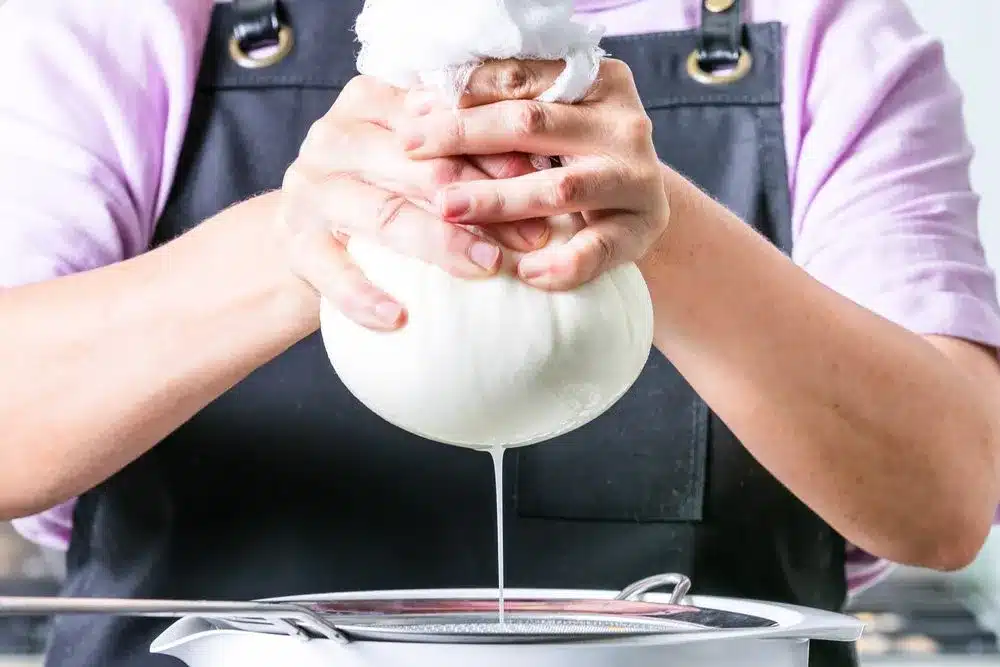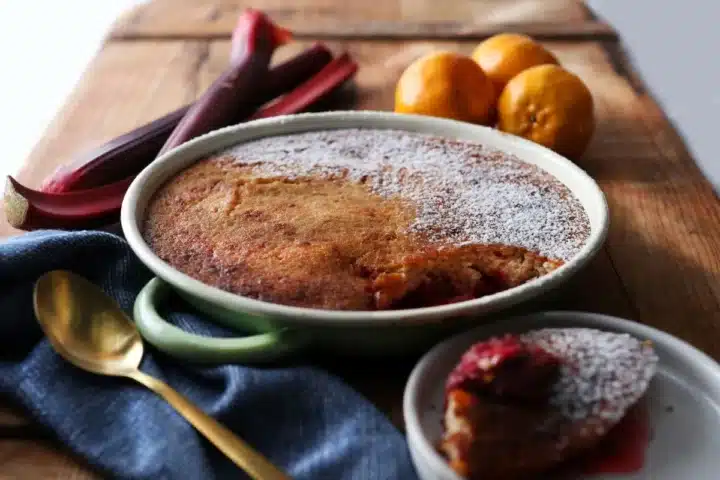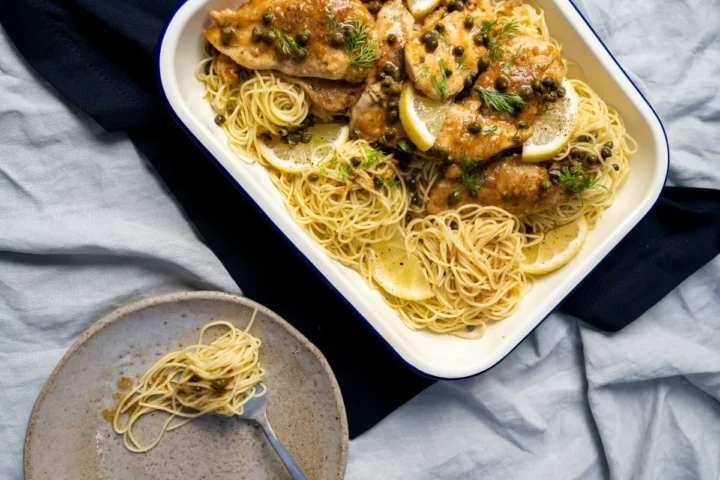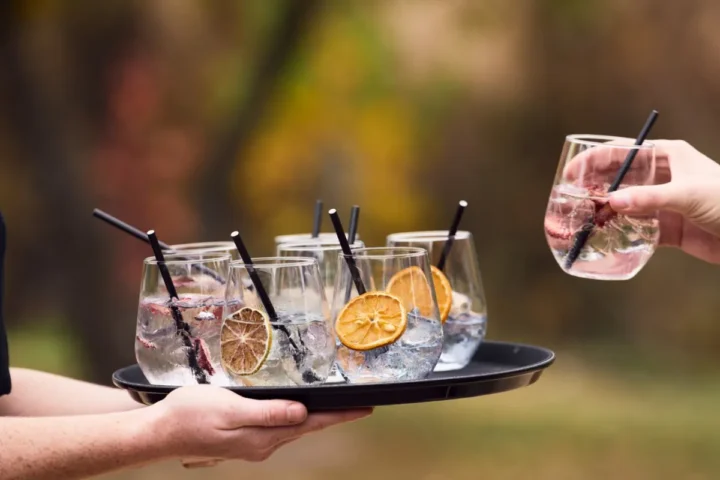
Before we dive deeper into this tangy topic, let’s clear up a common question: what’s the real difference between pickling and fermentation? While we often lump them together, there’s actually quite a bit that sets them apart.
Pickling is like giving your food a zesty makeover. It’s all about dunking your veggies (or fruits) into an acidic bath, typically vinegar, which imparts that signature sour zing. This acid party, along with some well selected spices and herbs, not only jazzes up the flavour but also keeps spoilage-causing bacteria at bay, preserving the food in its deliciously crisp state.
The coolest part? Pickling is a speedster. You can whip up a tasty pickle in as little as 15 minutes, or let it soak for a few days to deepen the flavour. Whether you’re crunching on quick-pickled cucumbers or savouring pickled red onions, it’s all about instant gratification with a big burst of flavour.
And Fermentation is like a funky dance party for your food. It all starts with a sprinkle of salt and the creation of an environment where natural bacteria (microbes) and yeasts can boogie down. These microscopic dancers convert the sugars in the food into lactic acid or alcohol, creating a very clever anaerobic (oxygen-free) environment that preserves the food.
This very groovy process takes its sweet time, ranging from a few days to several weeks, or even months, depending on how you want the final flavour to land. The result? A complex, often tangy flavour that’s a result of the lactic acid strut. Plus, it’s not just about the taste—fermentation boosts the nutritional profile of your food, upping the probiotic content and turning it into a health-boosting superstar. From a few days to several months, the process can take as long as you want to achieve the desired level of complexity.
Whichever method, the practice of pickling and fermentation is a timeless tradition, tracing back thousands of years. These methods are among the oldest known food preservation techniques, cherished by humanity from the days of Neolithic communities to historical figures like Cleopatra, Julius Caesar, and Christopher Columbus. Far from being the latest fad, pickling and fermentation have long been essential practices with significant benefits. Fermentation, in particular, offers the advantage of a major superpower, enhancing the nutritional value of foods, thanks to the beneficial microbes involved in the process. Both these age-old techniques continue to captivate and nourish us, proving their enduring relevance in today’s culinary landscape.
The magic of acidity
One of the reasons pickles and ferments are so beloved is their ability to cut through the richness of fatty dishes. Their acidity acts as a palate cleanser, providing a sharp contrast to heavy, greasy foods. This not only balances flavours but also refreshes the mouth, making the next bite more enjoyable. The sourness stimulates the salivary glands (I bet you’re already drooling), enhancing the overall eating experience and awakening the taste buds. After all, what’s a gooey cheese toastie without the glorious bonus of a cut through pickle?
My pickle paradise
My fridge and pantry are a pickle paradise. I simply cannot get enough of them—the depth of flavour, the sour, the sweet, and the much-needed side relief that I can’t do without. But it doesn’t stop there. The leftover pickle juice or brine is one of my most treasured ingredients. It’s versatile and transformative, adding a unique twist to various dishes.
Think about adding pickle or ferment brine to casseroles for an extra tangy kick or using it to make a drink—ever heard of picklebacks, kimchi shots, or kraut tonic? I drink it, I put it in my focaccia before I bake, I brine meat in it, and I make mayo or dips from it. It is the nectar of the gods, elevating everyday meals into something extraordinary.
Pickling is like giving your food a zesty makeover. It’s all about dunking your veggies (or fruits) into an acidic bath, typically vinegar, which imparts that signature sour zing.
If you follow my food journey, you’ll know that I am a head-over-heels pickle lover and promoter. It’s a long-term affair, and it shows no sign of divorce. I am committed and remain deeply entrenched in this love for fermentation and pickles.
Capturing the peak of freshness
One of my biggest joys in the kitchen is preserving food at its peak—when it’s in season, fresh, and full of life. There’s something incredibly satisfying about capturing vegetables at their best. Picture this: you harvest a vegetable that’s been basking in the sun, braving the rain and wind, and thriving in nutrient-rich soil. Then, you preserve these vibrant veggies in a way that allows them to support even more life (hello, beneficial microbes!). You’re not just preserving food; you’re creating a living, nutrient-dense product bursting with flavour and health benefits. How amazing is that?
The pickle and fermentation renaissance
These humble foods and their well deserved comeback can’t be overlooked. So, what’s driving this pickle and ferment reunion?
In today’s health-conscious world, gut health is a big deal. Fermented foods are packed with probiotics, making them a natural choice for those looking to boost their digestion without artificial additives.
The culinary scene is buzzing with creativity, and pickles are no exception. Chefs and food enthusiasts are pushing boundaries, pickling and fermenting everything from vegetables to fruits, to beans, bread, miso and meats. This experimentation has elevated pickles and ferments from a mere side dish to a star ingredient.
DIY Movement: There’s something incredibly satisfying about making your own food. The DIY and homesteading movements have embraced home pickling and fermenting, allowing people to control exactly what goes into their fridges and pantries.
Cultural Revival: Pickling and fermenting is steeped in tradition across many cultures. As people reconnect with their culinary roots, pickles and ferments are resurfacing as a beloved staple. Exploring these traditional methods brings a sense of nostalgia and authenticity to our modern diets. Every culture ferments or pickles, it’s an incredibly important part of their food heritage.
Sustainability: In an age where reducing food waste is crucial, pickling and fermenting offers a sustainable solution. It’s a fantastic way to take advantage of the seasons, preserve surplus produce, aligning with eco-friendly practices and minimising waste.

Whether it’s for health, creativity, tradition, or sustainability, pickles and ferments are back in a big way. So, grab a jar or two, and join the pickle revolution!
Pickles and ferments have come a long way from ancient preservation hacks to modern culinary rockstars. Their journey showcases their timeless appeal and endless possibilities. Whether you’re into the tangy crunch of dill pickles, the spicy zing of kimchi, or the sweet-savoury mix of bread-and-butter pickles, these brined beauties have something for everyone.
Why not dive into the ferment or pickle-making fun at home? Or maybe scout out some local South Australian pickle brands—they’re absolutely smashing it! Jump on the pickle revival bandwagon and unlock a whole new world of flavours. Your next culinary adventure is just a brine away!









